Review: Man with a Movie Camera (1929)
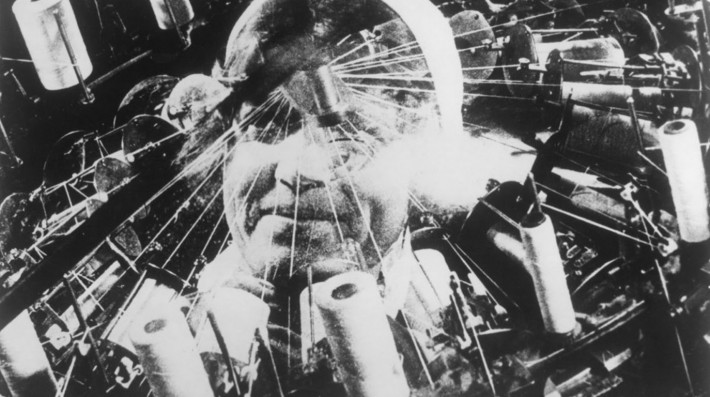
| Category | Reviews |
| Written by | Oliver Stangl |
| Published on | February 22, 2011 |
Summary:
This masterpiece by the great Russian director Dziga Vertov (1896–1954) has a firm place in movie history. Quite controversial for its unusual style at the time of its release, it [...]
This masterpiece by the great Russian director Dziga Vertov (1896–1954) has a firm place in movie history. Quite controversial for its unusual style at the time of its release, it is now considered as one oft the best and most influential films of all time. Vertov was a member of the „kinoki“, a movement of filmmakers who aimed to establish a cinematic language that wouldn’t rely on conventional stylistic devices. Among many things, Man with a Movie Camera can be seen as a manifesto of the kinokis’ theories.
Mixing elements of documentary as well as feature film, the movie’s influence on other films was enormous: Among the many new cinematic techniques seen here are tracking shots, freeze frames or slow motion, to name just a few. Today, of course, the viewer is accustomed to those techniques but for the time they were no less than revolutionary. The film covers a whole day in a Russian city (really a mix of the three cities Moscow, Odessa and Kiev), showing the citizens at work and in their free time. A man with a movie camera films the daily routine, making the medium itself a theme of the film (a cinema and the editing itself are shown too). The film doesn’t try to tell a simple story, instead it is a demonstration of what film can do. The camera seems to go everywhere, covering street life as well as a woman giving birth. The film is also a movie about cities, with its portrayal of electrification and industrialization particularly about a utopian Russian city (Vertov was a follower of Marx’s theories).
Still looking modern today, Man with a Movie Camera hasn’t lost any of its appeal and, with its editing, that anticipated the visual language of music videos, should also be interesting for people who usually avoid silent movies.






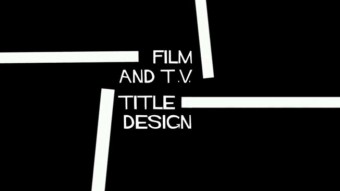
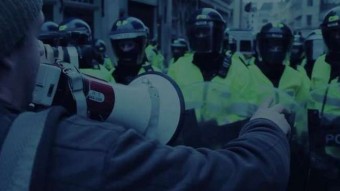

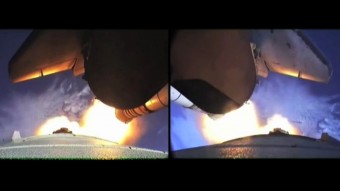

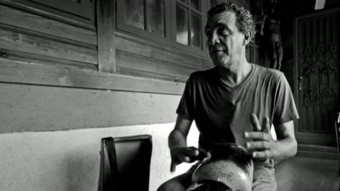
Comments